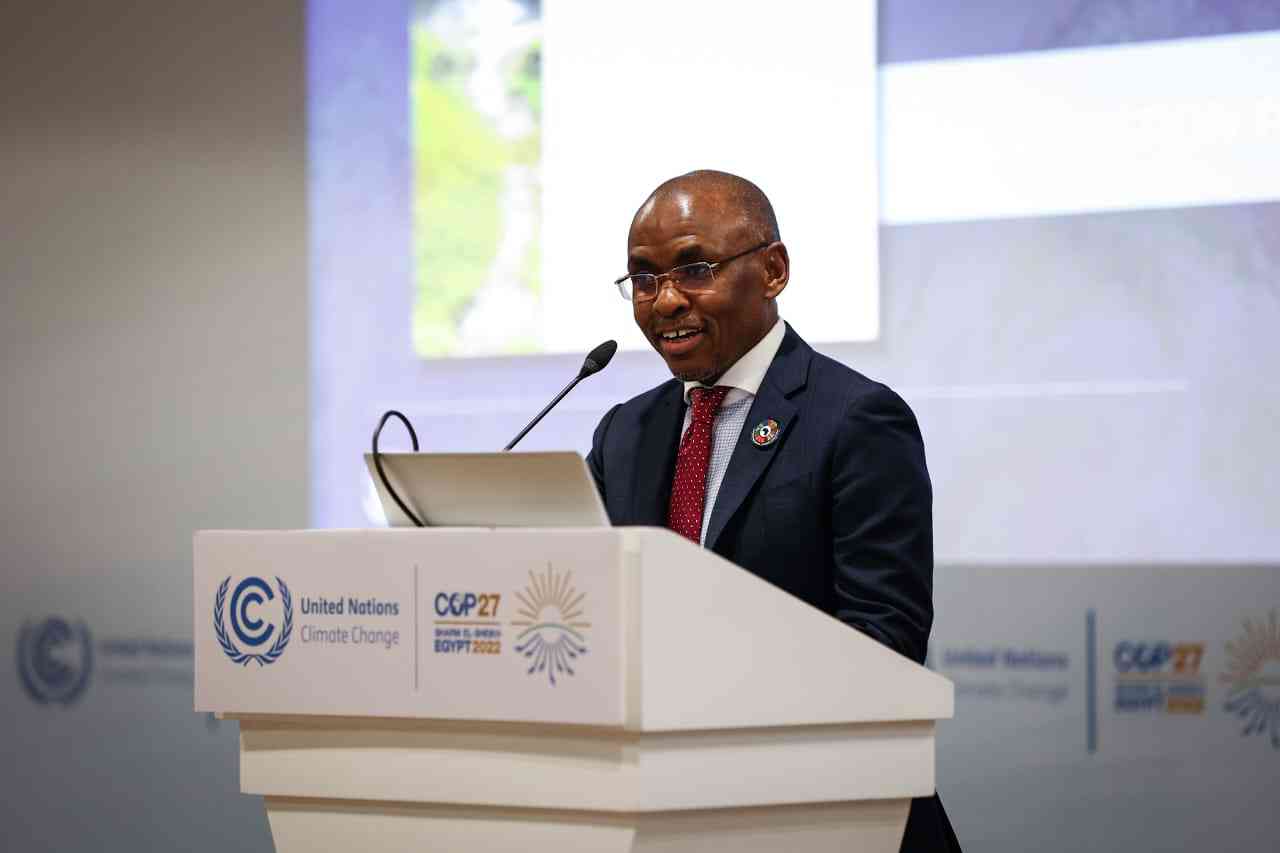×
The Standard e-Paper
Fearless, Trusted News

The United Nations Climate Change Conference (COP27) that is currently underway at Sharm el-Sheikh in Egypt has brought together Heads of State and other leaders including African business leaders.
This year, the conference provided a unique opportunity for the African private sector to commit to ambitious climate actions for the continent.